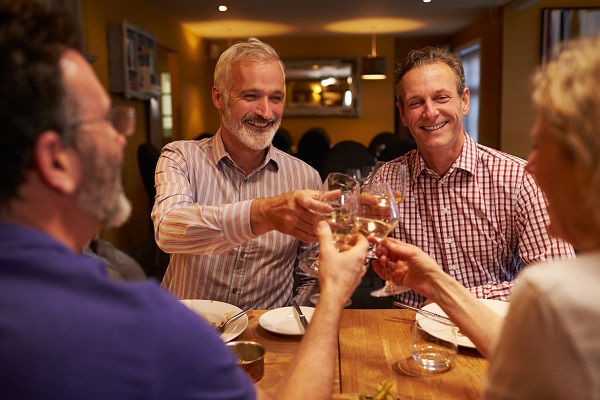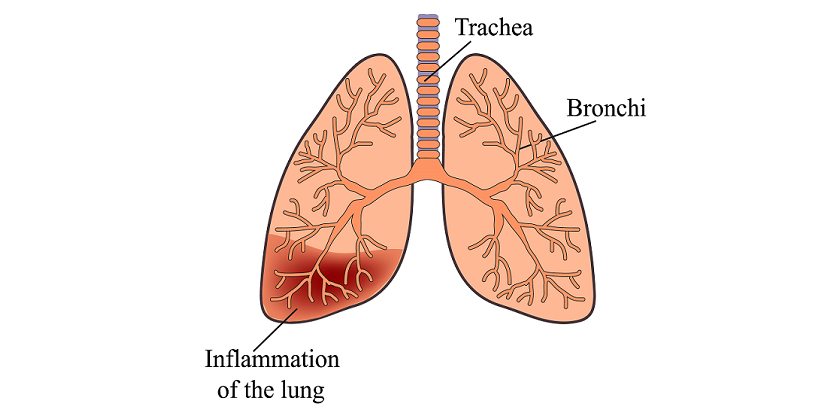
All professionals who provide services to older adults work with lesbian, gay, bisexual and transgender (LGBT) individuals, even if they do not realize it. Likewise, seniors who attend senior centers or share housing communities, share that space with their LGBT peers. Recent data from the national organization, SAGE (Services and Advocacy for GLBT Elders), indicates that nearly 3 million LGBT adults over 50 live in the U.S. and that number is expected to double in the coming years.
How do the issues and concerns of aging affect LGBT senior differ from their heterosexual peers? LGBT seniors have spent a lifetime hiding their identity for fear of prejudice and discrimination. Further, they lack a traditional family support network, making them more reliant on aging services, but less likely to access due to a lifetime of stigma and marginalization. These factors combine for a greater chance of social isolation and related health disparities.
Having all been brought up in a society that privileges heterosexuality, we need to recognize the bias this introduces is not automatically lost because we are in the aging services field. Knowing about someone’s sexual orientation and gender identity is different from knowing about that person’s sex life. Sexuality, including sexual orientation and gender identity, is an integral part of everyone’s identity, LGBT or not.
It is up to us as aging services providers, friends and family to help support our LGBT older adults. Here are a few tips:
Tips for providing care to LGBT older adults:
- Revise websites, brochures, waiting rooms, and forms to be inclusive and welcoming to LGBT older adults. Ideally, these "cultural" changes need to be implemented and supported by top-level decision makers.
- Work to build trust and gain credibility by improving communication and becoming informed about unique strengths, stressors, and legal challenges in the lives of LGBT older adults.
- Seek LGBT health resources for best practice guidelines.
- Recognize diversity among LGBT older adults. LGBT individuals are a diverse group, including age, race, ethnicity, economic status, gender, and geographical region.
Tips for LGBT older adults to find LGBT friendly services:
- Ask around. Talk to your friends, family members, and co-workers. Ask them who their doctors are or where they receive services.
- Call your local LGBT community center. Many times centers will have referral lists for LGBT friendly services, including medical and legal resources.
- Call and ask questions. Find out if this provider currently serves LGBT older adults. Do they seem at ease with your questions? Have staff received training about the unique needs of LGBT older adults?
- Explore the website. Is inclusive language used? Are there pictures of same-sex couples? Transgender individuals? Do you see signs/symbols reflective of LGBT culture and history?
- Visit the office. What is the atmosphere? Are there LGBT materials in the waiting room, symbols or literature? Are non-discrimination policies posted? Do the intake forms contain inclusive language and questions?
Tips for Being a Supporter or Ally for LGBT Seniors:
- Appreciate differences in others and commit to personal growth and establishing new friendships as you age.
- Remember that many LGBT seniors have experienced a lifetime of stigma and discrimination about their sexual orientation and/or gender identity. This may make it difficult to talk openly about their past.
- Use the vocabulary the LGBT senior uses. If they say, “homosexual” follow that lead. Likewise, if people use other terms to describe themselves, use those terms.
- Respect confidentiality. Do not share another’s story or personal history.
Advocacy groups for successful aging, such as Services and Advocacy for Gay, Lesbian, Bisexual and Transgender Elders (SAGE) (www.sageusa.org) offers aging service providers and community members training, education, and resources for providing welcoming services for LGBT older adults so that LGBT older adults have the same opportunities as their heterosexual peers have to age in a safe and supportive environment.
Terri Clark, MPH is Prevention Services Coordinator at Action Wellness in Philadelphia and a certified trainer with SAGE. Terri is co-author and editor for a teaching manual that includes over 50 lesson plans entitled “Orientation: Teaching about Identity, Attraction and Behavior”. She is currently working on a number of projects to advance the field of sexuality and aging, including the sexual health of older adults. Throughout her career in public health, she has been an advocate for LGBT equality and sexual health across the lifecycle.


Comments